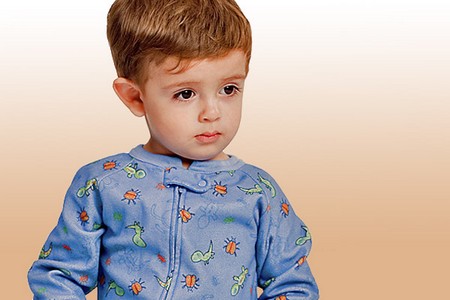Many children with ADHD also have coexisting features of Asperger’s Syndrome or other forms of autistic spectrum disorder.
While some children with severe Asperger’s Syndrome or autistic spectrum difficulties are in special schools, there are many other children with milder difficulties who will be found, and cope, in mainstream. Many of these pupils will also have over-focused interests and it is very helpful if teachers and schools can gently develop these in a constructive way. However, such children will often talk about their interests exclusively without recognizing the social skills implications of doing so.
Children with Asperger’s Syndrome often find it difficult to cope with sudden changes in routine. They usually benefit from gentle encouragement and forewarning of change where necessary, with the routine being maintained as much as possible in other situations. Understand that if routine is suddenly upset, emotional reactions may occur and it is best to empathize with this rather than punish the child. They often need encouragement with social skills interaction as they tend to be loners and to spend a lot of time in their own company or in solitary pursuits. Help them to mix with other children with similar interests, such as chess, computers or solo sports.

Recognize that these children (and many children with ADHD) are often hypersensitive to many things -ranging from extreme tactile sensitivities where they remove labels from their clothing or prefer certain types of clothing, to an overreaction to certain smells, tastes or food textures. Auditory hypersensitivity may mean that in the classroom they are extremely sensitive to sound, and it is important to be aware of this.
These children often benefit from having specialist support from a regular mentor or nurture group to help with their areas of difficulty, such as making eye contact, taking things too literally, reading facial expressions and emotions, and putting themselves in someone else’s shoes. Be aware that these pupils may not always pick up on the subtleties of situations and are more prone to being teased or bullied, appearing to be slightly ‘off centre’.
Make contact with the National Autistic Society (www.nas.org.uk) for further information.